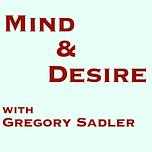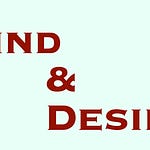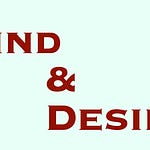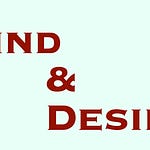There is a passage in the first section of David Hume’s Enquiry Concerning Human Understanding that, every time I read the work, makes me pause and reflect. It has to do with assessments of which past thinkers or writers are read in the present and will be read in the future. Some of Hume’s choices and predictions strike us in the present as rather quaint. But perhaps there’s a lesson for us there.
Here’s what he says:
The fame of Cicero flourishes at present; but that of Aristotle is utterly decayed. La Bruyere passes the seas, and still maintains his reputation: But the glory of Malebranche is confined to his own nation, and to his own age. And Addison, perhaps, will be read with pleasure, when Locke shall be entirely forgotten
As I point out, not even 100 years later, at least in the field of philosophy, the positions of Cicero and Aristotle will be reversed. I’ve never read Bruyere or Addison, but I’ve read Malebranche, and you really can’t avoid Locke if you aim to have a decent philosophical education, at least one cognizant of the discipline’s history!
So there’s a lot to think about that we can apply to our own present situation. Who will be the authors considered interesting and worth reading 100 years from now? You can guarantee that most of the people considered absolutely important right now won’t stand the test of time.
A little bonus in this episode: I tell the story of one of my professors advising me against selecting Derrida as the thinker I would write my dissertation upon, and the reasoning he set out for his advice.












Share this post